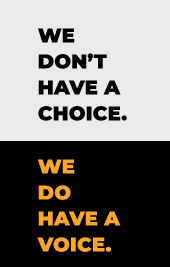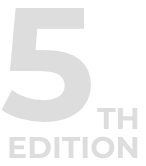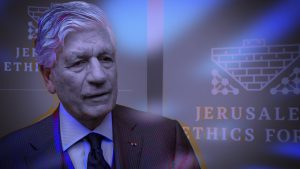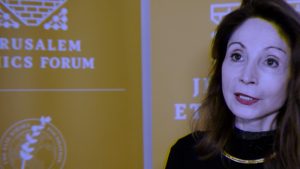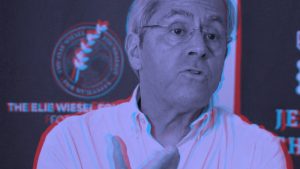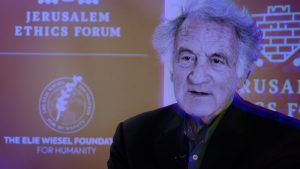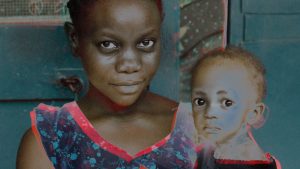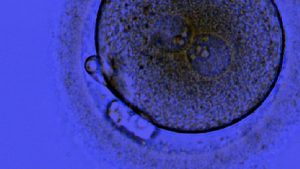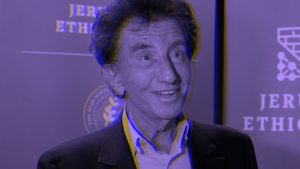
As Director of the Institut du Monde Arab in Paris, I had the privilege of facilitating contact and dialog between Israelis and Palestinians. Humanity converges around projects of partnership and mutual concern such as peace, dialog and respect. The seminal ethic is that of mutual respect and dignity.
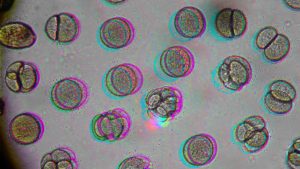
Is the surrogate mother voluntarily free to choose, or is she driven by financial necessity? Are there limits to the desire of bringing children to the world? Can we allow ourselves to use the surrogate mother to fulfill this desire? Does her body not translate to a simple commodity?
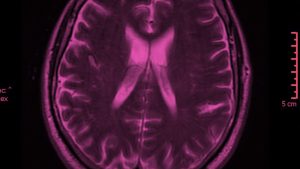
How do we reverse a devastating cycle affecting women and children in the poorest parts of the world. From education, through to a viable economic mechanism that will catalyze and motivate a durable change in attitude in zones where the struggle for nurishment is a permanent one.
